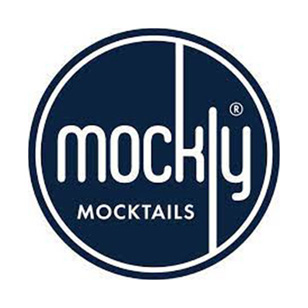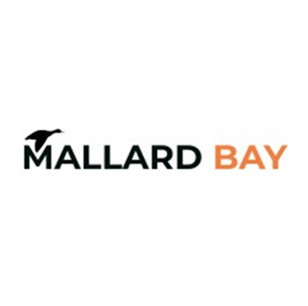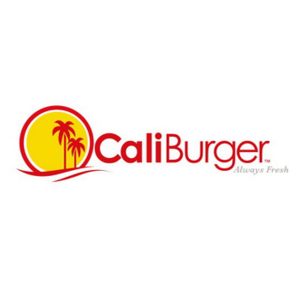4 Legal Considerations for New Restaurants
This post discusses general legal issues, but it does not constitute legal advice in any respect. This post is not a substitute for legal advice and is intended to generate discussion of various issues. No reader should act or refrain from acting on the basis of any information presented herein without seeking the advice of counsel. Cara Stone, LLP and the author expressly disclaims all liability in respect of any actions taken or not taken based on any contents of this post. The views expressed herein are personal opinion.
estauranteurs should consider some critical decisions as they prepare to open their doors. Knowing the restaurant’s long-term goal and getting good advice at the offset will help restauranteurs set themselves up for success. Below is an overview of some critical questions restauranteurs should ask themselves.
What Type of Entity Should My Restaurant Be?
The first consideration for a restaurant or restaurant group is what kind of company entity the group should form. The restaurant’s long-term goals will drive this decision. In the short term, certain factors favor structuring as a partnership or S-Corp because of taxation. If the group is setting up a single-location restaurant that plans to cash flow immediately to the founders as their primary source of income, then an LLC most likely makes sense. A different structure may make the most sense if the restaurant is designed to be multi-location from the start and aims to exit. Other factors should be considered, such as the entity’s management structure, voting rights, and who has the ultimate authority in the entity. Talking with experienced counsel can help restaurants think through the implications of these issues before they run into problems.
Where will Funding for the Restaurant Come From?
The second thing that people want to think about is where the funding for a restaurant will come from. Whether the restaurant is self-funded by the founder or founders or the restaurant is raising outside money, owners will want to ensure the proper structure is in place to protect the business and the investors. Restaurants should also seek advisors who know the standard terms people see in the industry. Terms can range from how much of the company is typically sold to investors to the protective provisions investors (or owners self-funding) will see in an operation agreement.
How Do I Incentivize Management or Others?
The third thing that restaurant owners may want to consider is how the business can incentivize key management-level employees to help the restaurant grow. Again, this can include owners, managers, business operations, or others. It’s common to want to incentivize those with a high level of involvement in the business without giving up management power or placing heavy information rights on the company.
Who Should Own Key Assets?
The final topic most restaurants should consider as they open is who owns their critical assets. Key assets include property ownership, IP ownership, recipes, and trade secrets. As with all items in this post, it depends on the restaurant’s key objective. For restaurant owners (especially if/when they go to raise money), ensuring that the correct entity owns these critical assets can protect the business.
Find out more about the topics above on our blog and YouTube channel. We’ve worked with several restaurants on formations, fundraising, IP issues, exits, etc. We’d love to work with you.
This post discusses general legal issues, but it does not constitute legal advice in any respect. This post is not a substitute for legal advice and is intended to generate discussion of various issues. No reader should act or refrain from acting on the basis of any information presented herein without seeking the advice of counsel. Cara Stone, LLP and the author expressly disclaims all liability in respect of any actions taken or not taken based on any contents of this post. The views expressed herein are personal opinion.
estauranteurs should consider some critical decisions as they prepare to open their doors. Knowing the restaurant’s long-term goal and getting good advice at the offset will help restauranteurs set themselves up for success. Below is an overview of some critical questions restauranteurs should ask themselves.
What Type of Entity Should My Restaurant Be?
The first consideration for a restaurant or restaurant group is what kind of company entity the group should form. The restaurant’s long-term goals will drive this decision. In the short term, certain factors favor structuring as a partnership or S-Corp because of taxation. If the group is setting up a single-location restaurant that plans to cash flow immediately to the founders as their primary source of income, then an LLC most likely makes sense. A different structure may make the most sense if the restaurant is designed to be multi-location from the start and aims to exit. Other factors should be considered, such as the entity’s management structure, voting rights, and who has the ultimate authority in the entity. Talking with experienced counsel can help restaurants think through the implications of these issues before they run into problems.
Where will Funding for the Restaurant Come From?
The second thing that people want to think about is where the funding for a restaurant will come from. Whether the restaurant is self-funded by the founder or founders or the restaurant is raising outside money, owners will want to ensure the proper structure is in place to protect the business and the investors. Restaurants should also seek advisors who know the standard terms people see in the industry. Terms can range from how much of the company is typically sold to investors to the protective provisions investors (or owners self-funding) will see in an operation agreement.
How Do I Incentivize Management or Others?
The third thing that restaurant owners may want to consider is how the business can incentivize key management-level employees to help the restaurant grow. Again, this can include owners, managers, business operations, or others. It’s common to want to incentivize those with a high level of involvement in the business without giving up management power or placing heavy information rights on the company.
Who Should Own Key Assets?
The final topic most restaurants should consider as they open is who owns their critical assets. Key assets include property ownership, IP ownership, recipes, and trade secrets. As with all items in this post, it depends on the restaurant’s key objective. For restaurant owners (especially if/when they go to raise money), ensuring that the correct entity owns these critical assets can protect the business.
Find out more about the topics above on our blog and YouTube channel. We’ve worked with several restaurants on formations, fundraising, IP issues, exits, etc. We’d love to work with you.
























